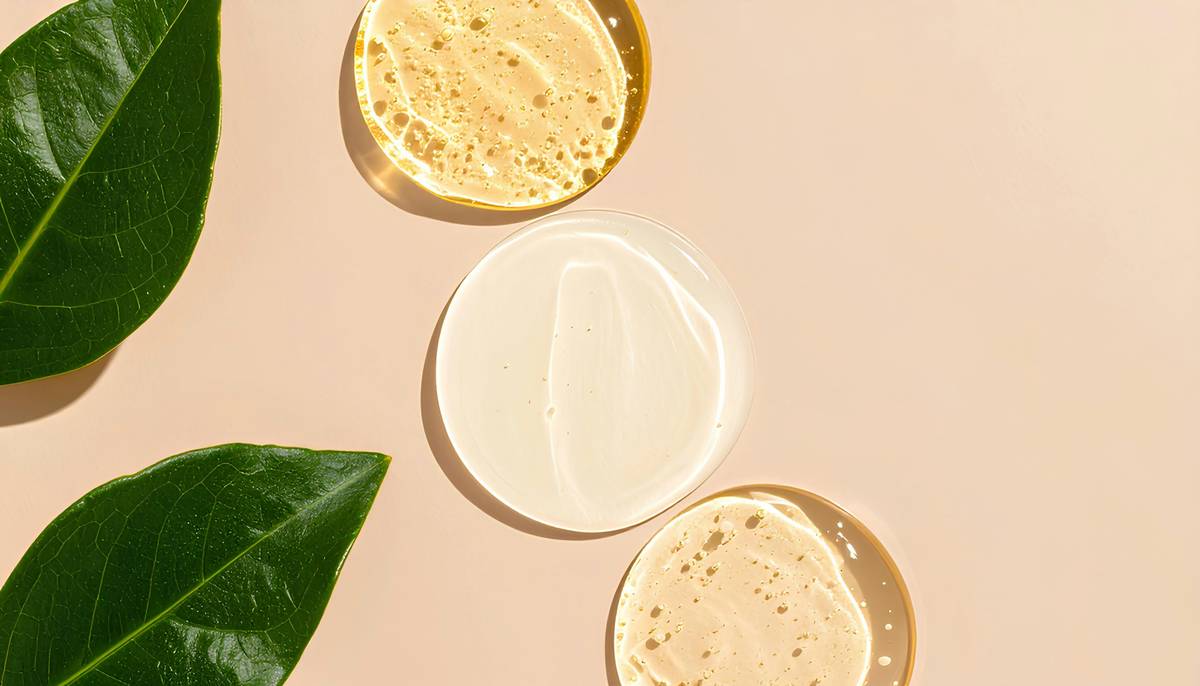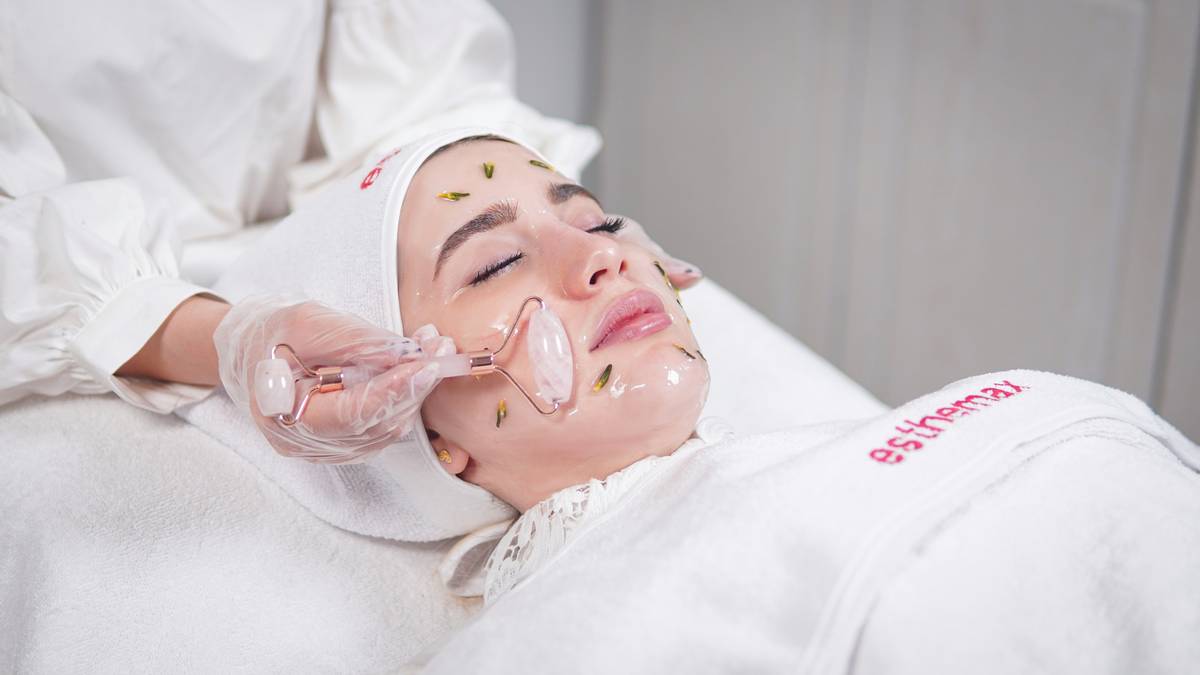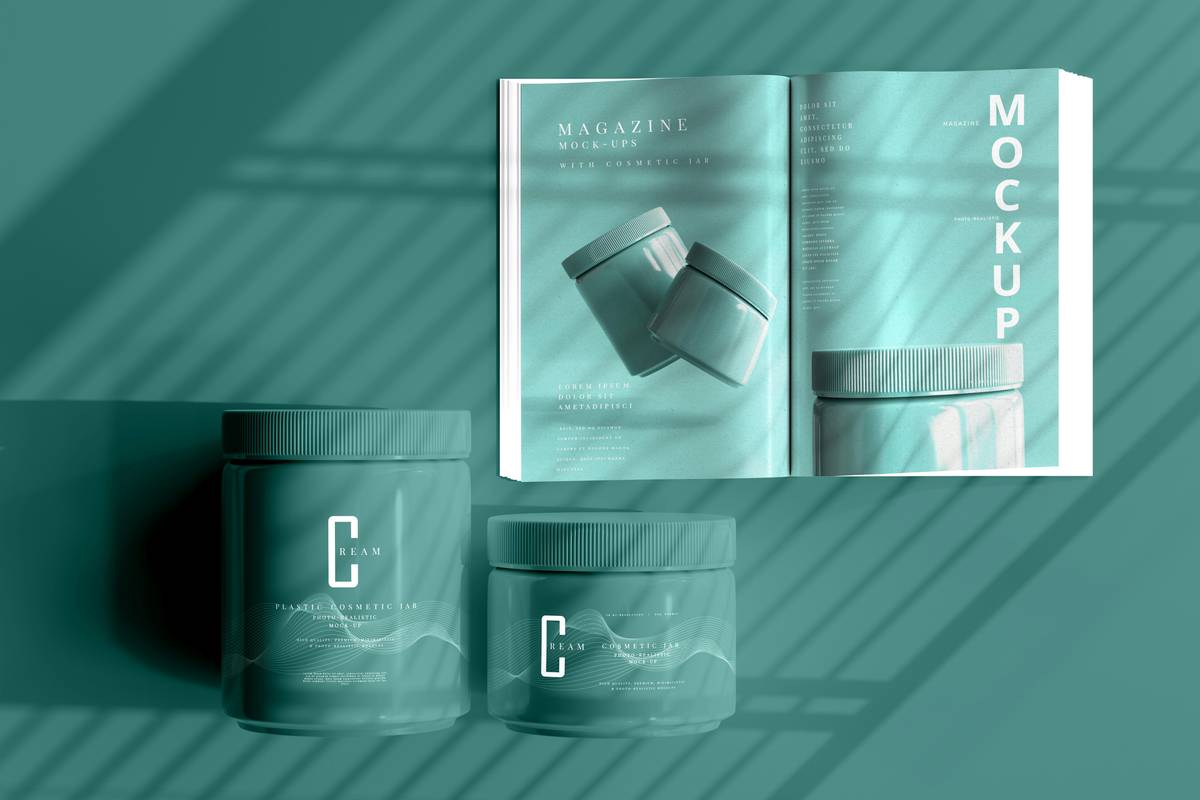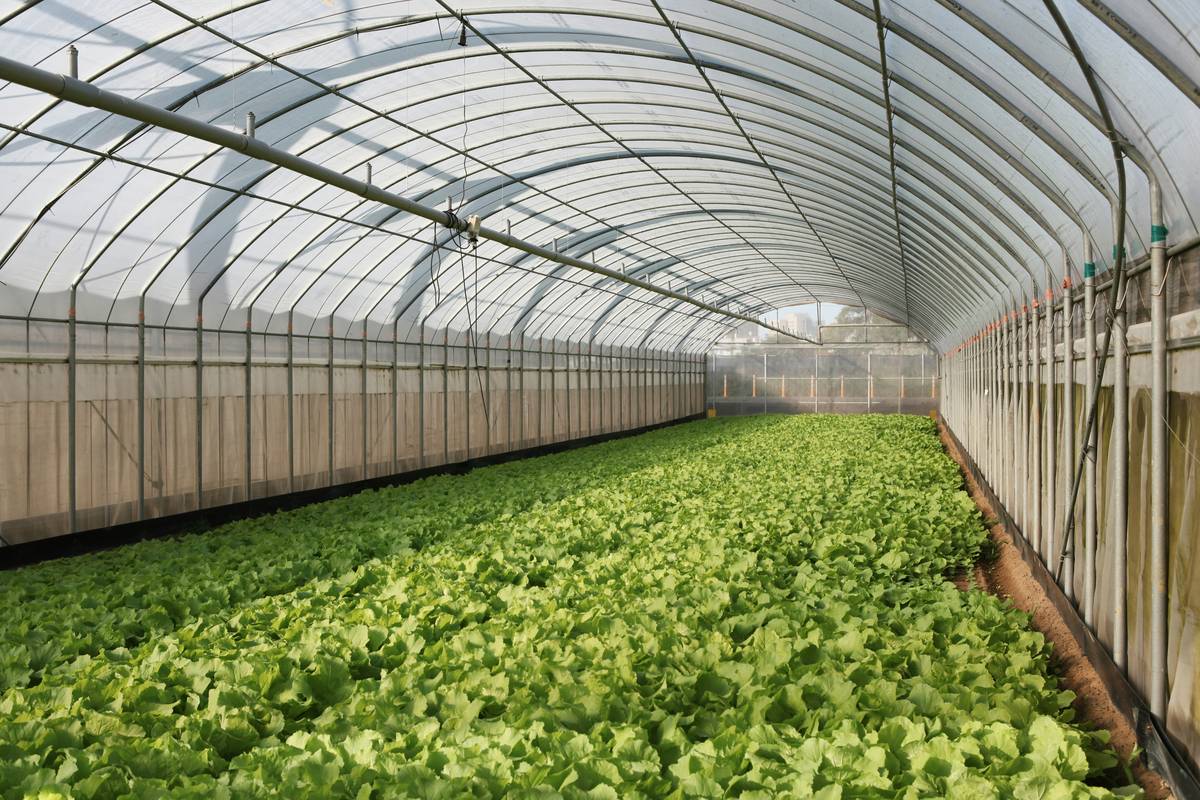Ever stared at the endless rows of skincare products, feeling overwhelmed by unpronounceable ingredients and wondering if there’s a simpler way? Spoiler alert: There is. Welcome to the world of green beauty practices!
In this post, we’re diving deep into how organic plants can revolutionize your skincare game—without breaking the bank or your patience. You’ll learn what makes “green beauty” so powerful, actionable steps to incorporate organic plants into your routine, expert tips for success, real-world examples, and an FAQ section to clear up all your burning questions. Let’s get glowing, shall we?
Table of Contents
- The Problem with Conventional Skincare
- Step-by-Step Guide to Green Beauty Practices
- Tips for Maximizing Organic Plants in Your Routine
- Real-Life Success Stories of Green Beauty
- Frequently Asked Questions About Green Beauty
Key Takeaways
- The rise of synthetic ingredients has led to skin sensitivities and environmental harm.
- Organic plants like aloe vera, lavender, and chamomile are natural powerhouses for skincare.
- Achieving radiant skin starts with understanding green beauty practices and sticking to them consistently.
- Small daily habits make a big difference when paired with sustainable ingredients.
The Problem with Conventional Skincare (& Why It Matters)
I once slathered on a $50 serum because “everyone said it worked.” Instead of glowing skin, I ended up with redness that lasted weeks. Ugh. Turns out, my holy-grail product was loaded with parabens and silicones—not exactly what my sensitive skin needed. Does this sound familiar?
Let’s talk numbers: A study found that nearly 60% of skincare consumers have experienced some form of irritation from their products. That’s more than half! And don’t even get me started on the planet. Chemical-heavy formulas drain our resources and pollute ecosystems faster than you can say, “Face mask selfie.” Chef’s kiss.
Enter green beauty practices. By focusing on organic plants, not only do you nourish your skin naturally, but you also reduce your carbon footprint. Win-win, right?

Step-by-Step Guide to Green Beauty Practices
Step 1: Know Your Ingredients (Like Actually Know Them)
Optimist You:* “I read labels now—I’ve got this!”
Grumpy Me:* “Ugh, fine—but only if coffee’s involved.”
Seriously though, start reading labels like they’re scripts for your next TikTok trend. Look for recognizable names like aloe vera, rosehip oil, and calendula. Avoid anything ending in -paraben, -sulfate, or -ethanolamine. Trust me, your skin will thank you.
Step 2: DIY with Confidence
Why shell out cash for pricy masks when you can whip one up in minutes? Grab some organic honey, oatmeal, and mashed avocado. Blend. Apply. Glow. Sounds easy enough, right? Sensory bonus: Smells like brunch dreams come true.
Step 3: Transition Gradually
Switching entirely overnight might leave you overwhelmed. Start small—replace one product at a time until your entire lineup screams eco-friendly luxury.

Tips for Maximizing Organic Plants in Your Routine
- Patch Test First: Even natural stuff can irritate. Always test new remedies behind your ear before going full face.
- Store Smart: Organic goodies need love too. Keep oils away from sunlight; store fresh blends in the fridge.
- Terrible Tip Alert: DON’T try making everything yourself just because Pinterest told you to. Some recipes can backfire spectacularly. Stick to proven methods.
Real-Life Success Stories of Green Beauty
Meet Sarah—a self-proclaimed skincare skeptic who switched to green beauty practices after years of battling acne. She ditched drugstore cleansers for homemade turmeric scrubs and hemp seed oil moisturizer. The result? Clear skin + confidence boost = match made in heaven.
And then there’s Jake, whose eczema disappeared thanks to calendula-infused balms sourced straight from his garden. His secret weapon? Patience. These things take time, folks.

Frequently Asked Questions About Green Beauty
Is green beauty suitable for all skin types?
Absolutely! Some trial-and-error helps find the perfect fit, but organic plants cater to everyone—from oily to dry to sensitive skin.
Does green beauty cost more?
Nope! While high-end brands exist, many affordable options include DIY solutions with pantry staples like oats and honey.
Can I still use sunscreen?
Of course! Zinc oxide-based sunscreens align perfectly with green beauty values.
Conclusion
Green beauty isn’t just a buzzword—it’s a lifestyle shift toward healthier skin and a happier planet. With organic plants leading the charge, you’re equipped to craft routines tailored specifically to your needs. Remember, progress over perfection. And hey, maybe toss in a meme-worthy moment while whipping up those DIY concoctions.
Like watering a Tamagotchi, consistency keeps your glow alive.


